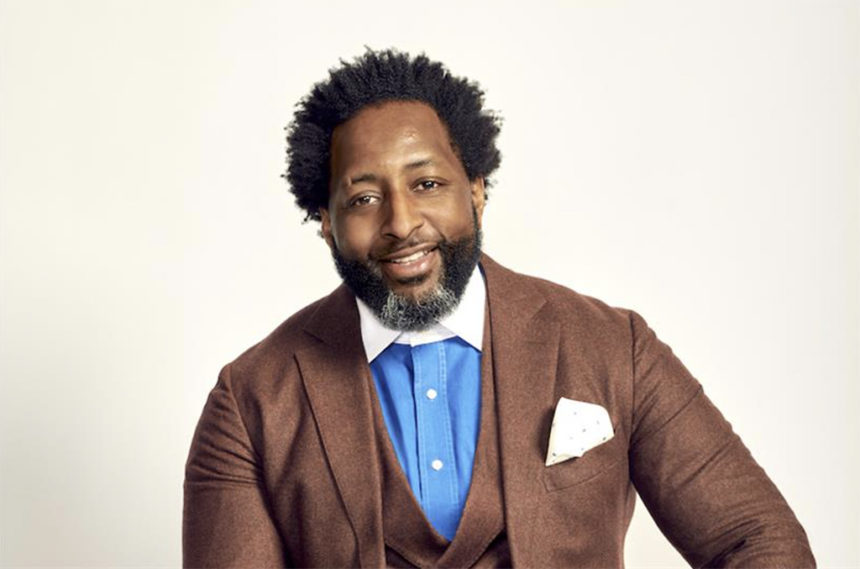In honor of Black History Month, Campaign US is spotlighting Black executives from across the industry. This interview with Justin Thomas Copeland, CEO of DDB North America, has been lightly edited.
What has your experience been like as a Black person in the advertising/marketing industry?
In some respects, it has been quite lonely being the only one in most presentations, briefings, meetings, pitches and boardrooms for nearly 30 years.
But the way I was raised, and my personality, is to celebrate my differences. All differences.
So over the years, I have become very comfortable leaning into being the only one as an opportunity to leave a positive impression and mark.
I was primed for the reality of our industry because my mother was a Black female, advertising executive for 40 years. So I knew what it was, and, arguably, what it continues to be.
What Black stereotypes are you tired of seeing brands use?
It feels a little like this: You are Black, so we will portray you heavily in sports, music or — if you are lucky — fashion. I think Kanye, Olivier Rousteing and Virgil Abloh (RIP) gave us real credibility there.
I hope to see us being portrayed more as executives, teachers, engineers, innovators (do you know how many Black inventors there are!?), architects, urban planners, economists — the list goes on and on. In many of these careers, Black people are still living the experience of being the only one. We need broader depictions of Black people.
What brand (or brands) do you think do a good job of representing Black people in advertising?
Beats by Dre conveys the feel and spirit of Black people authentically.
Fenty starts Black through Rhianna, but does a great job of making everyone feel like they belong without losing its cultural essence and cool.
Suit Supply depicts Black people in their visual work. What I really love is that in their stores (on both sides of the Atlantic), you see great diverse representation in their staff.
Daily Paper Clothing is a cool Dutch brand which is now Stateside. Cool without trying. Their visuals, store experience, digital activations and attitude appeal to Black people.
Where has the advertising industry made progress with diversity and inclusion? What still needs to be done?
The biggest progress has been that the conversation about DE&I can now happen openly.
So much still needs to be done. I don’t believe you have the editorial space for me!
Black and diverse people need to also believe that they can enter and thrive in this industry.
We need to keep knocking on the door. So many dismiss our industry as “not being for them,” or worse, still don’t even know the industry exists.
How would you like brands to celebrate Black History Month?
By celebrating Black history every day.
By getting involved.
By getting into ‘story doing’ by showing up in places where we are.
Learn about us. Connect in a real, creative sense. Build a program. Build a product. Be in the community.
And let us be the narrator of our experience to the world. Show trust and confidence in our voice and judgement to do that with excellence.
Gucci went to ‘story doing’ with Dapper Dan. I was at his Atelier in Harlem. He is making a product. They trust his voice and he takes that to market — in his own words.
Celebrate us like that every day. And maybe use February to celebrate progress vs. icons, heroes and history.
What advice would you give the next generation of Black marketers/creatives?
Tell yourself you can.
Bet on yourself. We need to be much braver in betting on ourselves.
We are creative from the jump — our spoken word, our style, our food, our music. Creativity is innate in our culture. It runs through our households and communities. Remember that we set culture. Globally.
But be open to building with everyone — of all races, backgrounds, experiences, neuro and physical abilities and sexual orientations. That is also what Black people do well. We have big hearts. That is a strength in future-forward businesses.
Take all of that and become the creative makers of the future.
And as you do, remember what Grandma told you … “You have to work three times as hard and don’t you ever, ever get too comfortable, child!”
This article originally appeared on campaignlive.com







